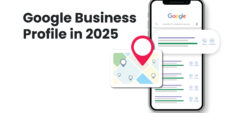Do you know that Google uses over two hundred factors to rank websites?
Believe it or not, Off-Page SEO is among the first 20 factors.
So, if you don’t have off-page SEO as well as on-page SEO, you are missing enormous opportunities for your brand.
For example, if two concurrent websites have the same quality on-page SEO score, then off-page SEO takes the main role.
Off-page SEO provides search engines with an expression of how the world perceives your website.
Since it is so important, we are bringing you a post about what is and how to do off-page SEO in 2022, so you can improve your website’s ranking even more.

What is Off-Site SEO?
Off-site or off-page SEO is the practice of increasing your website ranking through methods that are outside of your website.
This term is used to describe actions you can take outside of your website that result in better SERP rankings.
A huge part of off-site SEO is linking or backlinking, but that’s not all there is to it.
The main goal of off-page SEO is to get other sites to link to your site, mention your brand, and reference your site.
It actually consists of a number of elements that, when optimized, can significantly improve your ranking on search engine result pages, i.e. SERPs .
Of course, getting on top five results on Google is a strategic and long-term process that involves a connection between good on-page SEO with strong off-page SEO.
Why Is Off-Page SEO Important?
What brand doesn’t want to be the top listing on Google? No one.
So, your site needs a good off-page to rank as high as possible.
Off-page SEO helps to improve the reliability, relevance, and authority of your website.
By doing so, you move your website higher in search results when people search for a keyword relevant to your brand.
Websites with higher authority tend to rank better than those with low or no authority because search engines consider them more trustworthy.
Everyone wants to get many people to trust their site, share it, and refer it to search engines, so the thing that they definitely should focus on is off-site SEO.

Related: How to check your competitor’s SEO
Difference between On-Site, Technical, and Off-Site SEO
There are many types of Search Engine Optimization (SEO) required for effective search engine rankings.
All SEO tactics can be categorized into three segments:
- on-page SEO
- off-page SEO
- technical SEO
The well-known is on-page SEO, but the other two are not less important. Let’s see the difference.
On-Site SEO
The main role of on-site or on-page SEO is that it helps search engines understand what a website’s content is and how valuable it is to users.
Content creation, keyword usage, optimizing title tags, image optimization, and many other factors are part of this type of SEO.
Related: The best way of learning On-page SEO
Technical SEO
Technical SEO is related to all non-content elements of a website and refers to activities that directly impact the indexing and crawling of your site by search engines.
For example, technical SEO included site speed, mobile-friendliness, indexing, site architecture, structured data, security, and more.
Off-Site SEO
Off-site SEO is used to help strengthen and influence a website’s relationship with other websites by making the website trustworthy, reliable, and reputable.
The key differences between off-page SEO and the previous two are that it cannot be easily controlled as there is a reliance on other sites, platforms, or applications needed to build credibility.
Of course, no one should take precedence, as all three types of SEO are needed to develop a results-driven SEO strategy.
Recently, some marketers like to say that there is also Voice search SEO, but optimization for voice search already consists of the above types.
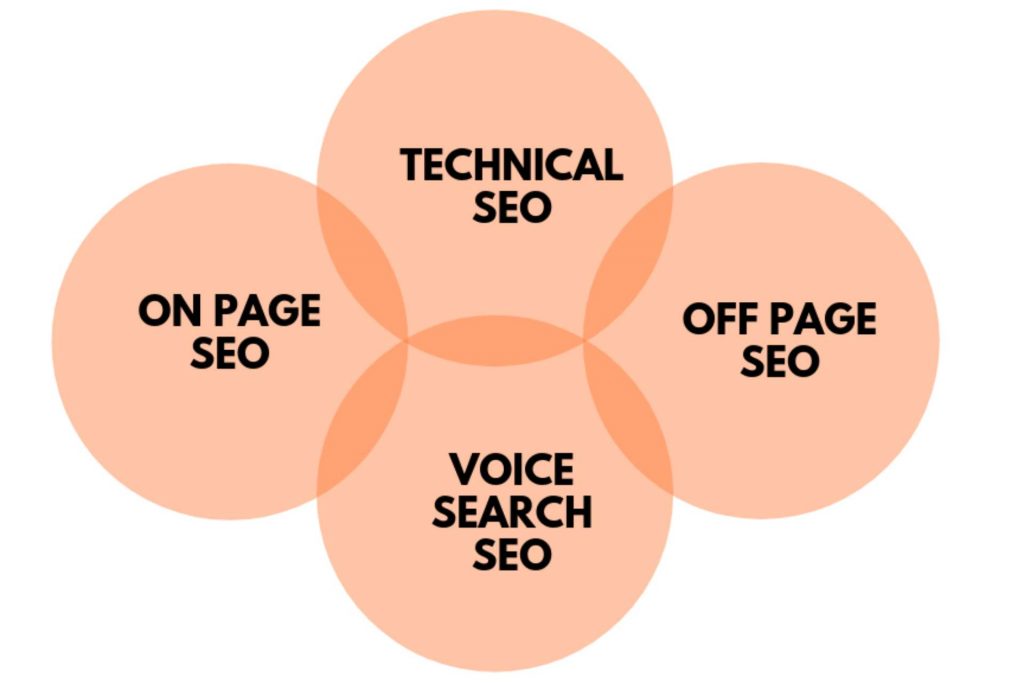
How to improve your Off-Page SEO
Let’s take a look at 5 different off-page SEO tactics you can use to grow authority and organic search traffic:
1. Links – the most crucial part of off-page SEO in 2022
Before we start off with the most important part of off-site SEO, let’s look at why links are so crucial.
Links, also known as backlinks, inbound and external links, have a huge impact on search page rankings, and they show website legibility and quality.
There are three main types of backlinks defined by how they are earned:
- natural links,
- manually built links, and
- self-created links.
Natural links occur voluntarily without any interference from the website owner, while manual links are required strategically.
They are mostly based on relationships and brand credibility, and also can be done through influencer marketing, which tends to be based on paid or trade exchanges.
Lastly, self-created links are created through dubious backlinks in online directories, forums, and blog comments, and often Google penalizes websites that practice questionable tactics like these.
If your small and not-so-popular website’s link gets featured on a bigger and more popular one, the search engine will think:
‘Hey, if this huge website thinks they’re worth the link, they must be legit’ – and that will grant you some points when it comes to the rank on said search engine.
Links greatly increase trust, as well.
They’re hard to manipulate because people will only link to you if they think your content is great.
This is exactly why backlinking was so important when search engines first showed up and why it remains the crucial part of off-page SEO in 2022, too.
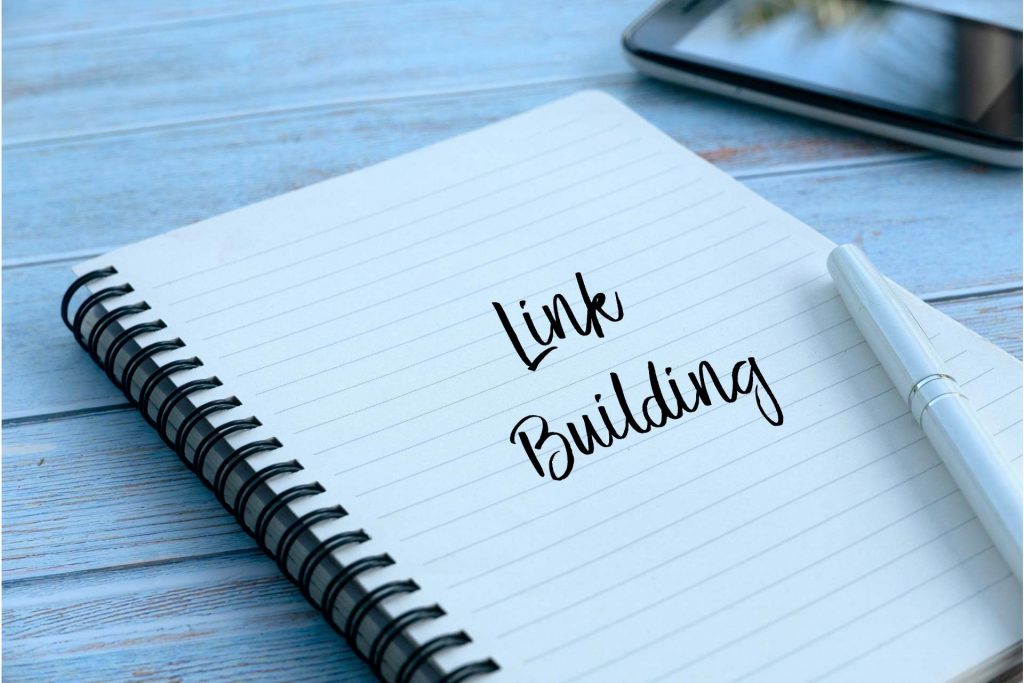
2. Brand Building
Building a brand is much more than just a nice logo or a well-placed ad. You need to do more, starting from choosing fonts for your website and logo, all the way to marketing campaigns
A strong brand sends a clear message to potential customers about your company and why it is better than the competition.
Better branding means greater visibility and awareness, and over time, the brand identity becomes instantly recognizable.
In addition, branding across all digital channels and platforms is one of the best ways to raise awareness.
So, you need to build your brand in a way that leaves a mark on the minds of your audience. If you want to be a market leader, it is vital to have a strong brand that reflects your company’s values.
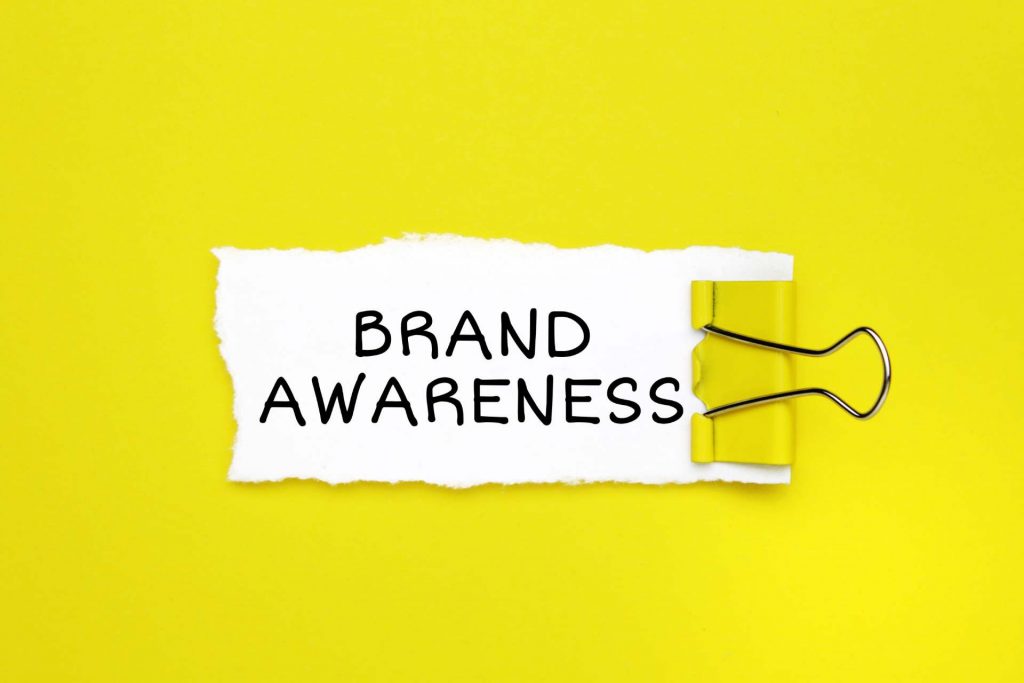
3. Content quality and website authority
Naturally, links on websites that have higher authority are worth more than links on websites with low authority. Sadly, there’s no easy way of earning links.
You will either have to contact a website and ask them to feature your content or wait for someone to like your content so much that they think it’s link-worthy.
Before you contact a website, make sure that your content is top-notch. This means free of errors, informative, and useful.
Include keywords that you found after doing keyword research, use subheadings, and check the readability (we recommend Yoast).
It is true that longer articles rank better, but most often, a shorter 1.000-word text is all that people need. Short, sweet, and useful, right to the point.

Make sure the content is relevant to the website
Also do keep in mind that your content will have to be similar to their business and what they do, because if it’s out of place, not only will they refuse to link to you, but the search engine will think that there’s foul play involved, such as paying for links.
Choose websites that post content similar to yours and be ready for them to send you the links that you will feature on your website.
This way, you’re helping each other out and increasing both your search engine page rankings. Don’t stress if a website refuses to link your content, there are always other ones.
Start with smaller and less known websites and work your way up; this process takes a while, but greatly pays off in the long run.
Also, try to keep up with all the content marketing trends, because the entire strategy may be based on it.
Pay attention to the websites and their legibility
It’s true that the more links you have, the better, but make sure that you aren’t linking just anything and being featured on just any website.
Search engines may ban your website if the content you’re linking seems spammy or if you’re getting featured on suspicious websites.
Always thoroughly check the websites before you contact them and if they contact you ask for you to link to them. Keep it relevant and above anything else, be careful.
So, to sum up, the most important parts of backlinking are the popularity and legibility of the website that features your links, the content related to the website, and the number of links on your website.
Let’s move on to other elements of off-page SEO in 2022.
4. Social Media
Social media platforms benefit businesses in many ways, and they’re part of off-site SEO, as well.
Google has denied the effect of social media on SEO and rankings, but there have been multiple studies like this one whose results showed some correlation between high-ranking websites and their strong social media presence.

Posting alone can gain you tons of traffic and visibility, not to mention social media marketing campaigns. You can also interact with your customers and provide great customer care.
Respond to their questions and comments and encourage them to use your hashtags. Social media platforms also help build your reputation and brand recognition.
If you post your content to social media websites, it might get shared by people who like it, which will lead to mentions, additional shares, and people clicking the links that lead them to your website
While your rank may not improve much (or at all) from using social media, the benefits of it are undeniable and it doesn’t hurt to try, you’ve nothing to lose.
5. Local SEO
Local SEO is a complete discipline of SEO in its own right, so certain elements are key off-page SEO tactics are Google My Business and citations.
Google My Business
Google my business is a free service that provides business owners with an online presence for their businesses and a ton of benefits.
It remains one of the most important parts of both on-page and off-page SEO in 2022.
For example, If you own a restaurant and someone finds it in the search pages after looking for places to eat in their area, their next step will be googling your business.
If you have a Google My Business listing, it will pop up on top of their search and will provide them with a ton of useful information, such as your working hours, your phone number, location, and customer reviews, and it will also show photos of your business that you decide to use.
But that’s not all. A well-optimized Google My Business listing has a huge impact on off-site SEO.
To optimize yours, fill in all the information and add photos and links where necessary. And maybe most importantly, include keywords related to your business.
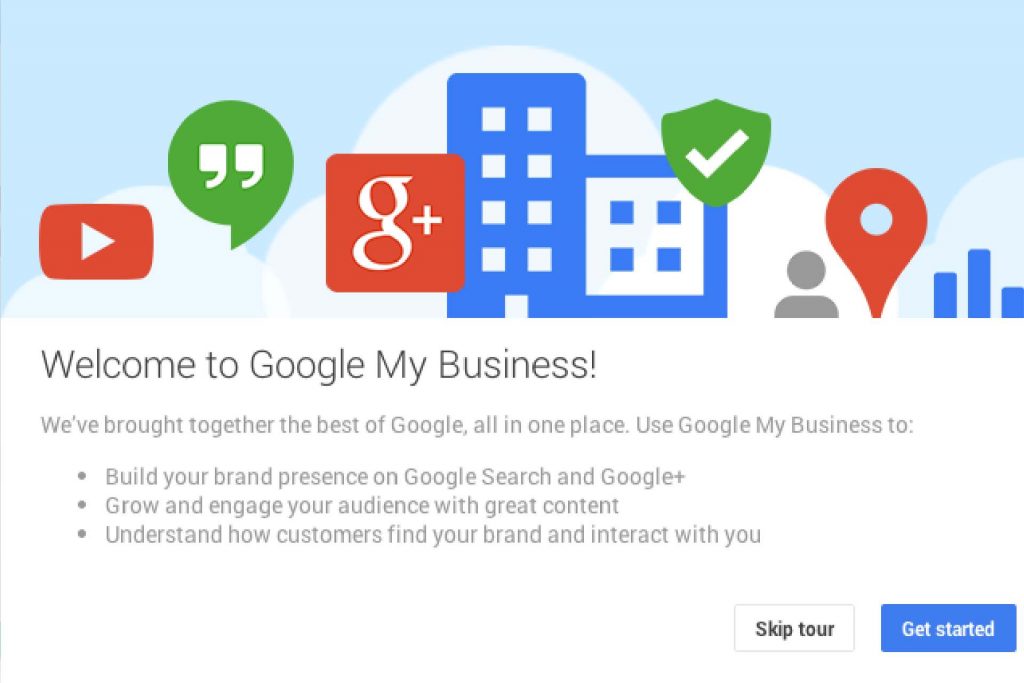
Citations
A citation is a mention of your business online that typically references your business’ NAP (name, address, and phone number).
If you’re a local business looking to rank for geo-targeted search terms on SERPs or a map pack, you shouldn’t avoid the citations.
Your NAP references must match, and also citations must be consistent because inconsistent ones will show a lack of coherence.
In addition, you can use many tools to audit your quotes, find new opportunities, clean up duplicates and manage reviews.
Conclusion
Along with on-site SEO, off-site SEO is crucial for a good search engine page ranking.
To improve your off-page SEO in 2022, you should focus on linking, which is preceded by writing useful and informative content that other websites will want to link.
Do your keyword research, use the relevant keywords, and format your text.
After you’ve made sure that your content is quality, start sharing it and contacting websites (preferably higher authority websites) that might want to feature it.
Build a strong brand and send a clear message to potential customers about your company and why it is better than the competition.
Finally, optimize your Google My Business listing and work more on your social media presence, as it can affect off-site SEO, as well.
Thank you for reading and good luck working on your off-page SEO in 2022!





